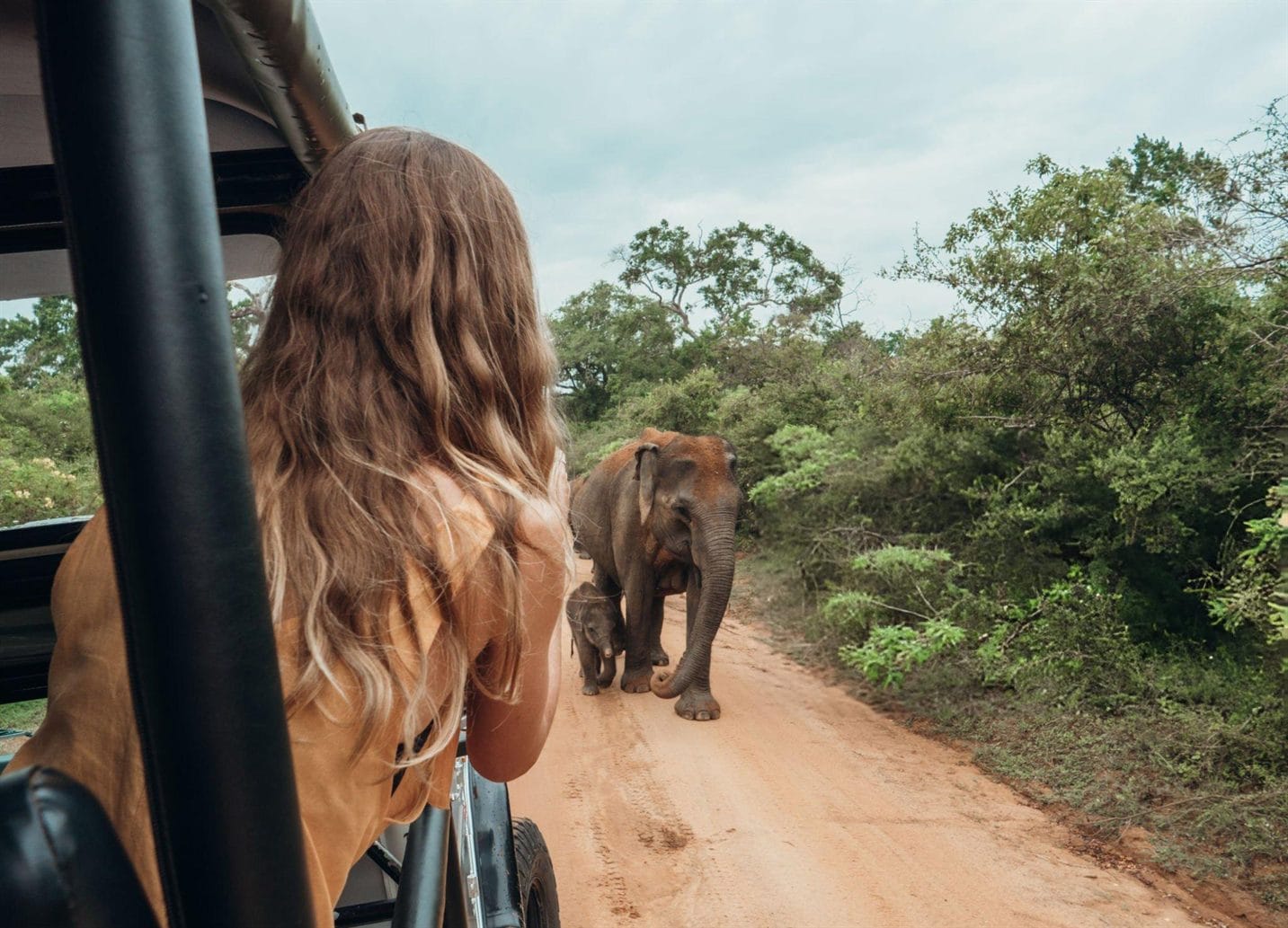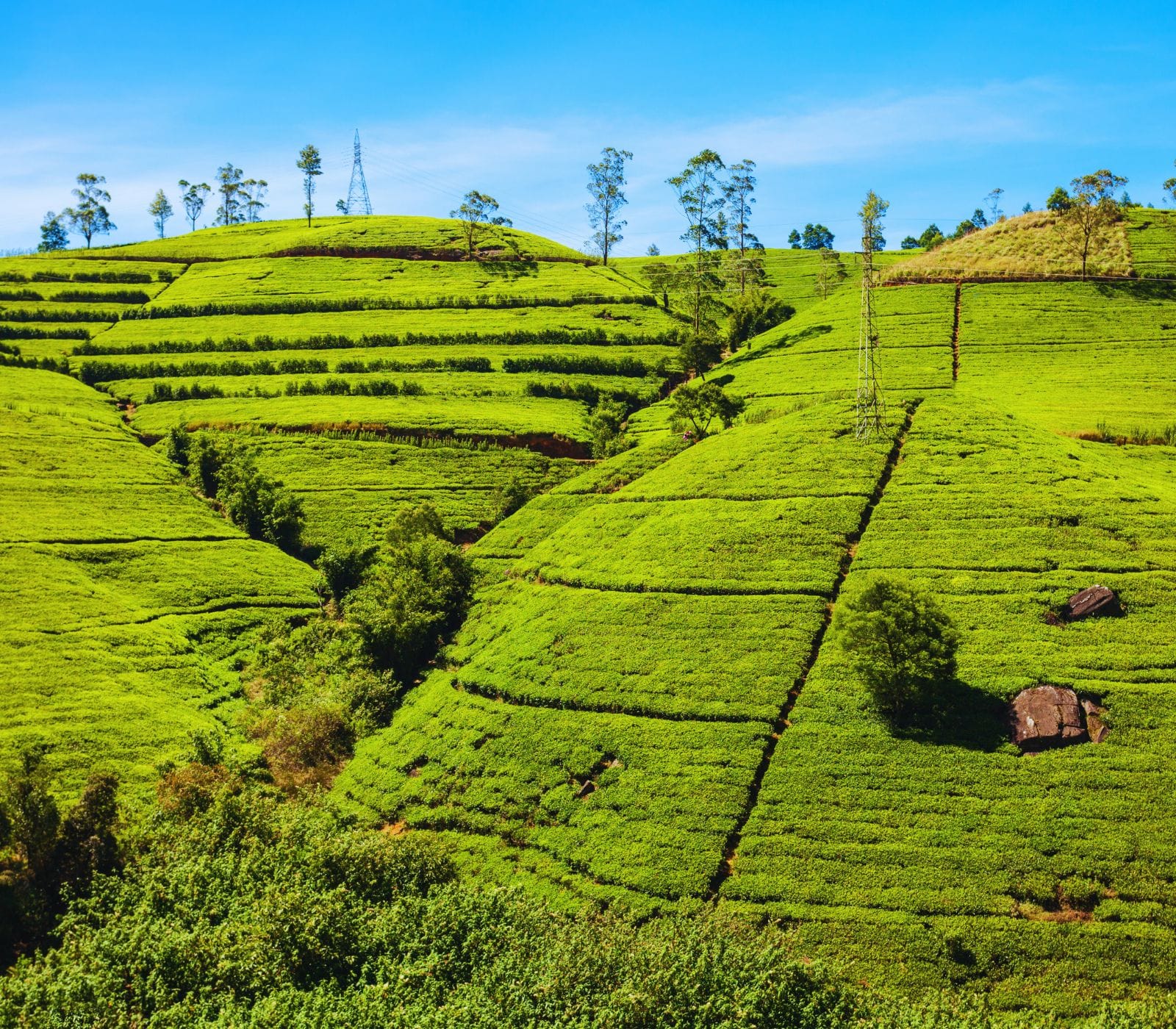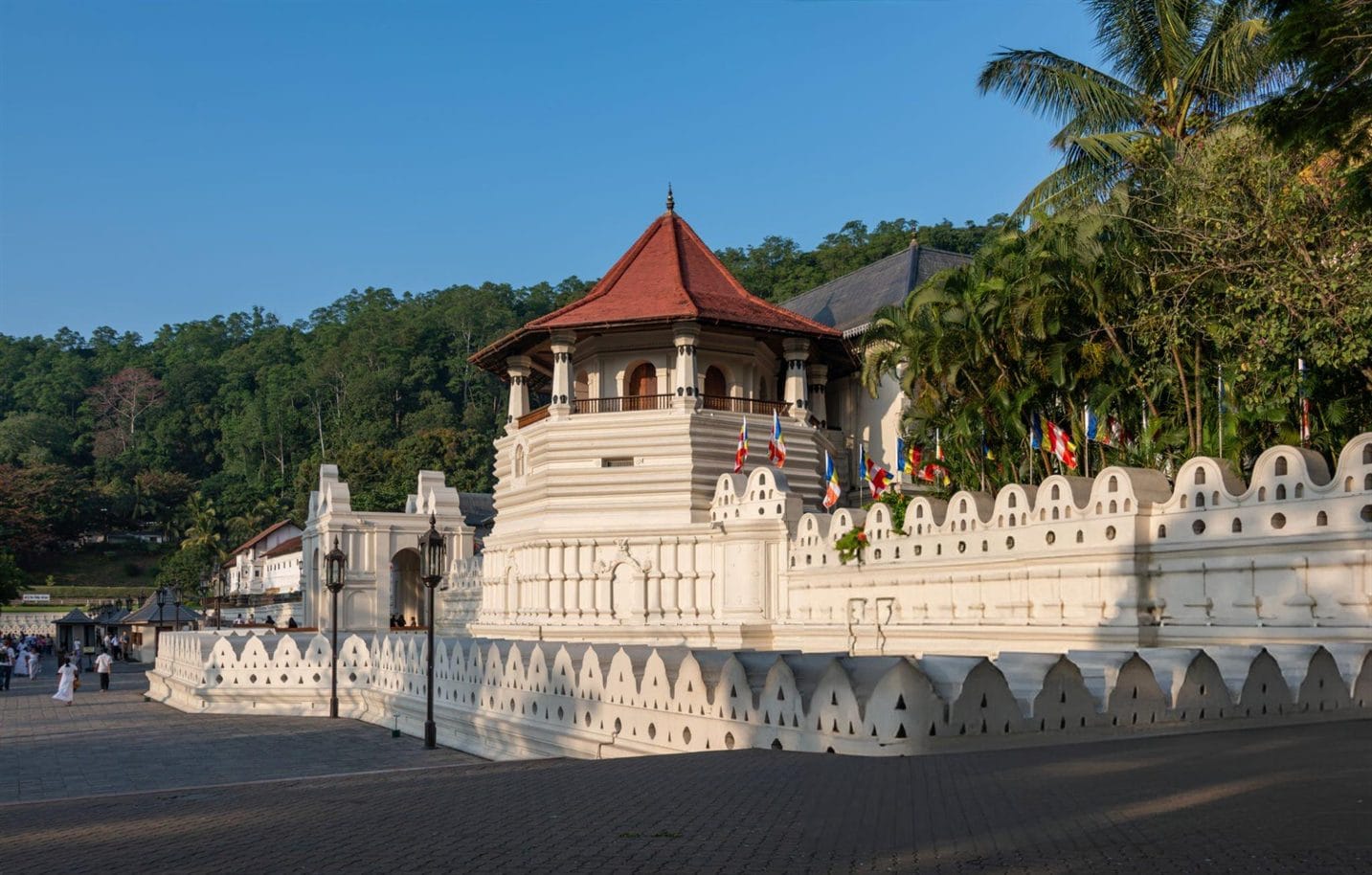
Sri Lanka’s tropical climate makes it a paradise for travelers-but also a perfect breeding ground for mosquitoes. While not every bite is harmful, some mosquitoes in Sri Lanka can carry diseases like dengue fever. Staying informed and taking a few precautions can go a long way in keeping your trip safe and enjoyable.
Here’s what every traveler should know-and do-to protect themselves from mosquito bites in Sri Lanka.
When and Where Are Mosquitoes Most Active?
- High Season: Mosquitoes are active year-round but peak during the monsoon seasons (May–September and October–January), especially in lowland and coastal areas.
- Hotspots: They thrive in humid, wet environments-think lagoons, rice fields, rainforests, and stagnant water near homes or hotels.
- Time of Day: Most mosquito species are active at dawn and dusk, while some (like the dengue-carrying Aedes aegypti) bite during daylight hours.
Top Tips to Avoid Mosquito Bites in Sri Lanka
1. Wear Protective Clothing
Lightweight, long-sleeved shirts and pants help reduce skin exposure, especially during early mornings and evenings.
2. Use Mosquito Repellent
Apply a repellent with DEET, picaridin, or lemon eucalyptus oil on exposed skin. Reapply after sweating or swimming.
3. Sleep Under a Mosquito Net
If you’re staying in rural or budget accommodations, bring or request a mosquito net—preferably one treated with insecticide.
4. Choose Air-Conditioned or Screened Rooms
Rooms with AC or screened windows and doors are much less likely to have mosquitoes buzzing around.
5. Avoid Scented Products
Fragrances in lotions, perfumes, and shampoos can attract mosquitoes. Opt for unscented toiletries during your trip.
6. Eliminate Standing Water
If you’re staying long-term, make sure there are no buckets, pots, or containers outside your accommodation collecting water.
What If You Get Bitten?
Most bites are harmless and just itchy. To soothe the irritation:
- Apply antihistamine cream or calamine lotion
- Avoid scratching to prevent infection
- If you develop fever, joint pain, or rashes, seek immediate medical attention-these could be signs of dengue or other infections
Do You Need Vaccines or Medication?
There’s no vaccine for dengue yet, but you can speak to your doctor about general travel vaccines before coming to Sri Lanka. Malaria has been eradicated from the country since 2016, so anti-malarial medication is not required for most travelers.
Final Word
Don’t let mosquitoes ruin your Sri Lankan adventure. With a little prep and awareness, you can explore this island’s lush jungles, pristine beaches, and vibrant cities- mosquito-free and carefree.
Pack smart, protect your skin, and you’ll have nothing to worry about.













Leave a comment: